Tommy Walker – Advanced Content Marketing For Series A & B Startups Replay Bundle
$25.00
Discount 20% if your total cart over $150
- Satisfaction Guaranteed
- Fast and forever download link
- Secure Payments
- Reupload FREE
Description
Level Up Your Content – Advanced Content Development for SaaS
Embarking on advanced content development is crucial for B2B SaaS startups looking to not just participate but lead in their respective markets. It’s about moving beyond the basics and implementing strategic, impactful content that truly resonates with your ideal audience, driving engagement and accelerated conversions.
Advanced Content Development
The realm of content creation, especially for B2B SaaS companies, is a complex and ever-evolving landscape. Simply pushing out blog posts and social media updates no longer cuts it. True success in today’s competitive market demands a sophisticated, deeply strategic approach—one that’s built on a foundation of in-depth market research, a thorough understanding of audience needs, and a unique, differentiated perspective. This is where advanced content development comes into play. It’s about treating content as a strategic asset rather than a mere marketing task, a shift that can transform how a B2B SaaS startup interacts with its potential clients and the wider industry. Imagine, instead of just reacting to market trends, proactively shaping them by creating content that not only resonates but also establishes your brand as a thought leader. This approach allows you to move beyond the noise and truly connect with the audience, leading to deeper engagement and greater conversions. The following sections will explore the core tenets of advanced content development, focusing on the critical elements that you need to implement to achieve this strategic edge.
The Strategic Content Foundation
The cornerstone of advanced content development lies in building a strategic content foundation. This means moving away from a haphazard approach to content creation and instead adopting a methodology that is both purposeful and data-driven. It requires a deep dive into understanding your target audience, their challenges, pain points, and aspirations, as well as a comprehensive analysis of the competitive landscape that’ll help you differentiate your brand in the market. The framework must include a clear strategy defining business goals, content formats, targeted platforms, and consistent brand messaging. This strategic foundation ensures that every piece of content you create furthers that overall strategy, avoiding redundant work and ensuring every piece contributes to your goals. This may seem like more work but it’s far more efficient over time.
Moreover, crafting a strategic content foundation includes defining key performance indicators (KPIs)—a roadmap for tracking progress and measuring the impact of your content marketing efforts. Instead of only measuring vanity metrics such as likes and clicks, you should also measure more meaningful indicators, such as engagement rates, lead generation, and conversion rates. These metrics give insights and enable data-backed decision-making toward a strategy that is both effective and efficient. This process is not about blindly following best practices but about formulating a strategy specifically tailored to your startup’s unique situation, goals and market. It’s about using market insights to build a framework that not only supports your immediate goals, but also sets a course for sustainable growth and brand leadership. So, building this foundation is not just about strategizing content, it’s about strategizing growth and market domination.
Market Leadership Through Content
At the heart of any advanced content development strategy is the overarching goal of establishing market leadership. For B2B SaaS startups, this isn’t just about increasing traffic to your website; it’s about positioning themselves as industry leaders by sharing high-quality content and demonstrating a deep understanding of their target market’s challenges and pain points. This goal requires more than just creating content, it’s also about shaping market perception, influencing buying decisions, and building trust. This requires not only consistently delivering value via content but also understanding what the potential clients are thinking about. Through this, it signals to them the brand is not just a vendor but a reliable partner. This can be done by sharing case studies showing clients’ success or by engaging in thought leadership that drives industry conversation. It’s about consistently demonstrating how your product or services can alleviate your target audiences’ problems and lead to tangible business results.
Furthermore, achieving market leadership entails developing a proactive content strategy that goes beyond responding to trends, and instead anticipates and addresses future challenges. This could involve exploring emerging technologies, offering innovative solutions, and sharing thought-provoking insights that shape the industry. It includes engaging with the market in open forums, participating in industry events, and making connections with influencers. Market leadership is not just about the content itself, but also about the role the content plays in shaping the narrative of the market; it’s about using strategic content to control the dialogue. By taking this proactive stance, a B2B SaaS startup can position itself front and center, becoming the go-to resource for valuable information and innovative leadership. Through content strategy, brands can establish themselves not just as participants but as leaders, setting them apart and leading to long-term success and dominance.
Actionable Frameworks
The transformation from basic content to advanced content development requires more than just a shift in mindset, it also requires the right kind of frameworks and tools. Frameworks, in essence, are structured approaches that organize and facilitate complex processes, guiding users through a step-by-step methodology. For example, having the “8 Layers of Market Research” as discussed in the document brings a comprehensive approach to deeply understanding a startup’s target audience. Competitive analysis, on the other hand, allows companies to differentiate themselves in the competitive market by identifying what other brands are doing well and where they’re falling short. It’s about learning from others but aiming to excel beyond their boundaries. Frameworks turn abstract concepts into actionable processes, which means that teams are able to use them as guiding lights in creating their own strategy. In the context of B2B SaaS companies, these frameworks are crucial to move beyond theoretical discussions of content marketing and help brands implement strategic content plans that yield tangible results.
Moreover, the effectiveness of actionable frameworks lies in their ability to facilitate team collaboration and ensure consistency in the content creation process. Standard methods and resources, like guidelines for brand messaging, content styling, or SEO optimization, allow teams to efficiently produce high-quality content. Consistency in these areas adds credibility to your brand and also enhances the user experience. This can also accelerate the content creation process, as team members no longer need to start from scratch each time. The ability of a team to work from a pre-established plan maximizes value and output. By incorporating these actionable frameworks, B2B SaaS startups are not just creating content, they’re building a system that consistently produces compelling, high-value content which helps in achieving long-term market success.
B2B SaaS Startups
For B2B SaaS startups, particularly those navigating the crucial Series A and B stages, content marketing is not just a nice-to-have; it’s a strategic imperative for long-term growth. These companies are often at a pivotal point, having demonstrated initial proof of concept and now looking to scale their operations and market penetration. This stage requires a shift from early adoption and basic content marketing tactics to a more sophisticated, targeted, and results-driven approach. Content needs to be more than just an information dump, and needs to be created as a tool that drives engagement, establishes authority, and moves prospects toward decision-making. Companies at this phase cannot afford to operate on a trial-and-error basis and should instead use well-thought-out strategies and frameworks that are both measurable and scalable. Thus, advanced content development offers strategic options that can provide advantages over their competitors.
The challenges that B2B SaaS startups face are numerous and include building brand recognition, reaching the target market, generating qualified leads, navigating a competitive landscape, and retaining customers. These businesses usually try to market solutions with an intricate product, meaning that they need strategic and targeted content to be able to explain its value and benefits to prospects. Content needs to educate their target audience regarding the product and also showcase its value as a thought leader in the industry and create a community and rapport. Failing to effectively engage with content could mean lost opportunities that can stunt the scaling of a business. It is imperative that companies invest wisely in quality content to grow their brand effectively in a chaotic market. Therefore, the right content strategy can be the difference between stagnancy and success. In the following sections we shall dive deeper into elements necessary for scaling a B2B SaaS startup with content.
Targeted Audience
Central to the success of content marketing for B2B SaaS startups is a deep understanding of the targeted audience. This understanding goes far beyond basic demographics to explore the nuances of behavior, challenges, and motivations. Creating content that deeply connects with a targeted audience means conducting thorough research, creating detailed buyer personas, and understanding their specific journeys from awareness to purchase. This kind of audience understanding shapes content direction from the type of formats as well as its topic and the tone. By investing resources to understand the intricate needs of the targeted audience, B2B SaaS startups have the ability to produce content that speaks directly to those needs and establishes the brand as a trusted industry leader. Understanding the audience means that a brand has the ability to not just inform them but also add value, meaning that it is an investment that provides sustainable and long-term returns.
Moreover, by engaging deeply with its targeted audience, B2B SaaS companies can also collect invaluable feedback that enhances both internal processes and also content strategy. Engaging in discussion over social media comments and customer reviews help to understand the real needs and opinions of users, which helps to enhance messaging and content to be more relevant. This iterative approach to content creation means that it becomes an adaptable resource that can evolve to meet the current needs of the customers. Companies are essentially creating a loop between customer and business when the customer becomes an active co-creator of content by providing essential feedback. This level of engagement helps to create a sense of community around the business and is not just a strategy but a vital component of ongoing brand building. In this way, understanding your audience is not just a part of the process, but the fundamental ingredient that dictates the success and influence of your content efforts.
Transformational Journey, Not Just a Toolkit
The most effective content strategies are not limited to just providing the tools and tactics; they aim to provide a transformational journey for content creators and, in turn, the content that they produce. In other words it encourages them to view their roles in a completely different paradigm where they are not merely generating content, but acting as strategic contributors who can create content to drive real business outcomes. This method is seen in the sales copy that positions the aforementioned content bundle as more than just a simple toolkit – it’s a transformational journey. This philosophy states that success is not about using tools effectively, but the way it shapes how you think about content strategy. In this manner, businesses are not just learning techniques, they’re also aligning themselves with the idea that they are strategic visionaries who have the ability to influence the market and achieve business objectives.
Additionally, this transformational perspective allows content creators to evolve from being purely execution-focused to becoming strategic thinkers. This involves encouraging creators to think holistically about purpose, impact and value, rather than focusing on individual pieces of content. This process develops and empowers creators to contribute in meaningful ways to the overall success of the company. This approach enhances content quality and also provides opportunities for strategic leadership and greater impact in the workplace, thereby shaping the long-term growth and viability of the company. It’s about developing talent and creating an environment where strategy and creativity work together. By adopting a transformational approach, B2B SaaS startups can develop a robust content strategy and an internal culture that drives innovation, excellence and long-term dominance in a competitive market and an empowered creative content team. In the long term, this approach is more effective since it invests in sustainable growth for the business by enhancing its greatest asset: its people.
Key Quotes & Insights
A particularly effective strategy for advanced content development is in the ability of a creator to analyze key quotes and insights by examining them to gain a deeper understanding of how to strategically apply them. Quotes often highlight powerful ideas and perspectives, capturing and emphasizing the unique value propositions and potential of any offering. For example, the quote “You’ve never seen market research like this” implies that the aforementioned framework is unique and novel, promising a deeper, and more strategic method to market analysis. The quote also signals that the approach moves beyond the conventional methods and allows brands to see the process from a different perspective. Using this type of language is effective because it makes an offer stand out and creates curiosity and interest. These nuances help to create content that not only appeals to the user but also converts them into loyal customers.
Additionally, other quotes, such as “Learn to craft a content strategy that stands out, ensuring your message is not just seen but remembered,” highlight the need to offer unique content that not only reaches an audience but creates an impact that will be remembered. This approach stresses the importance of creating content that isn’t just informative but also memorable, which helps establish the brand’s authority and influence. By examining these quotes, content creators can refine their strategies and focus on creating content that is both unique and memorable while resonating with the target audience. So, the language is not just about conveying information, it’s about shaping perceptions and creating lasting memories which leads to brand loyalty. This is what advanced content development is all about: going beyond basics and towards the strategic.
Conclusion
In conclusion, the journey toward advanced content development is vital for today’s B2B SaaS startups who want to achieve market leadership and sustainable growth. Success requires more than just a casual approach to content; it needs a strategic, deeply insightful, and transformational approach that uses frameworks for a data-driven and audience-focused strategy. B2B SaaS startups need to invest in quality content that is developed, driven by strong foundations, actionable steps, and a commitment to understanding the audience. This means more than just having the right tools, but also the right mindset that prioritizes strategic impact and long-term results. By focusing on a unique competitive advantage, content creation that goes beyond the basics, and an understanding of the targeted audience, startups are not only creating content but are also building connections with audiences, establishing brand authority, and leading the discussion in their industry. That is the power of strategic content.
Sales Page:_https://thecontentstudioofficial.kit.com/products/advanced-content-marketing-bndl

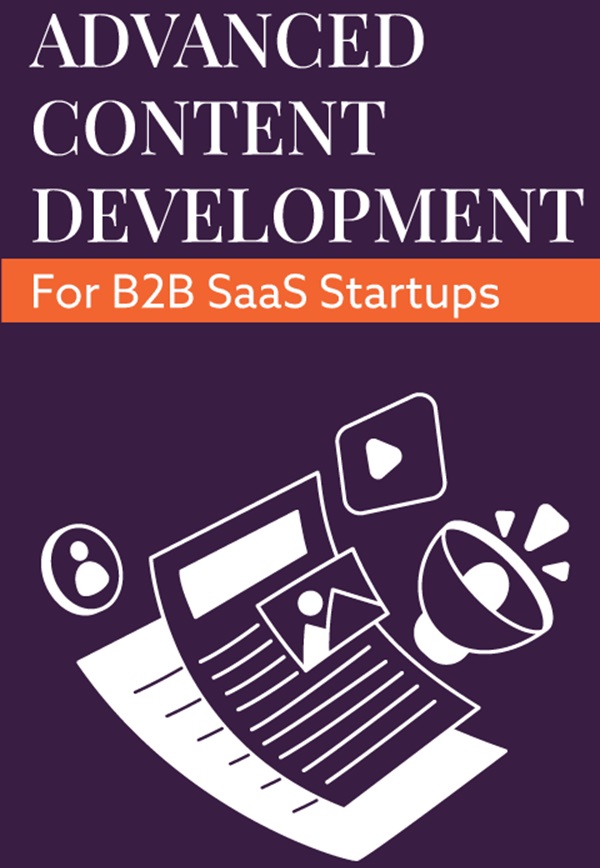
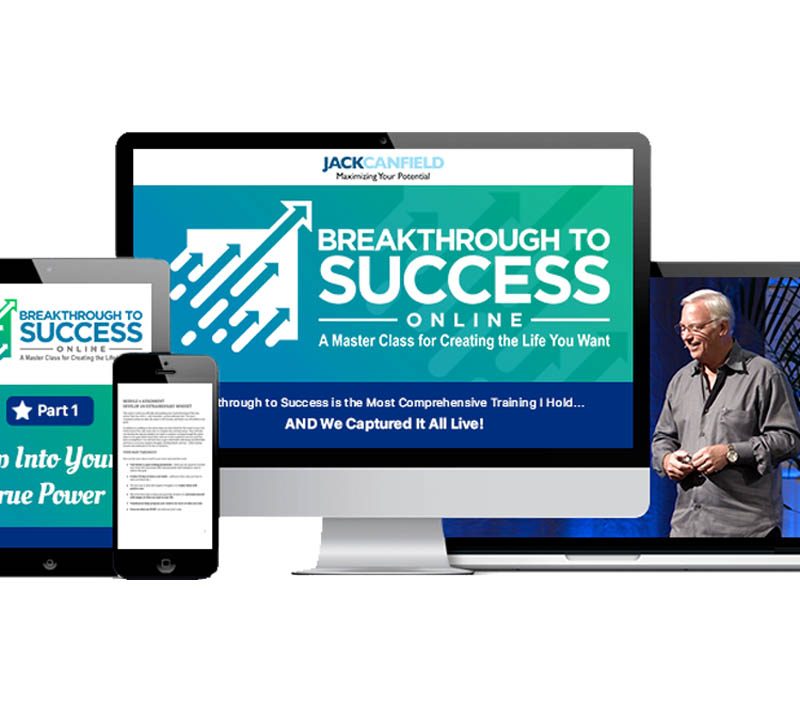

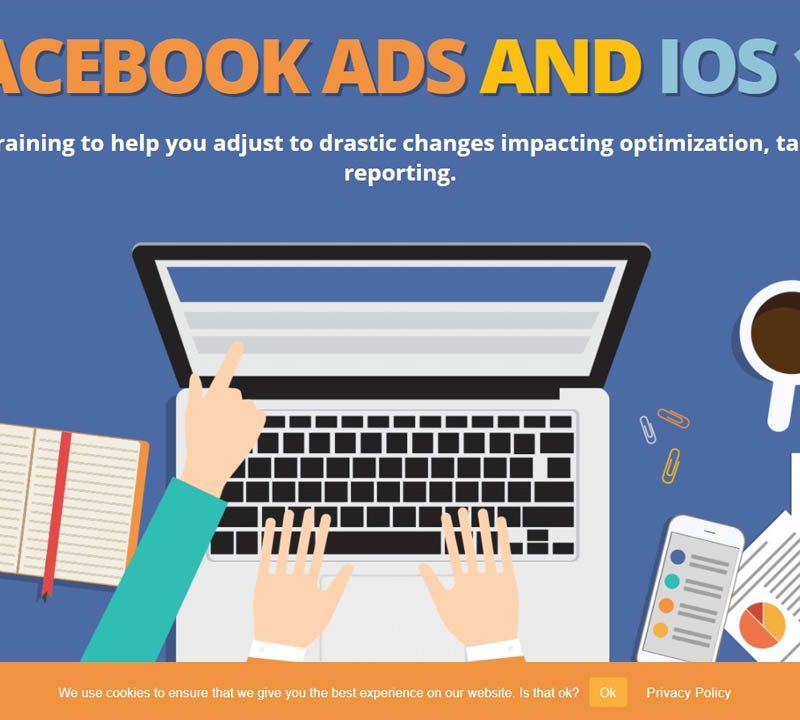
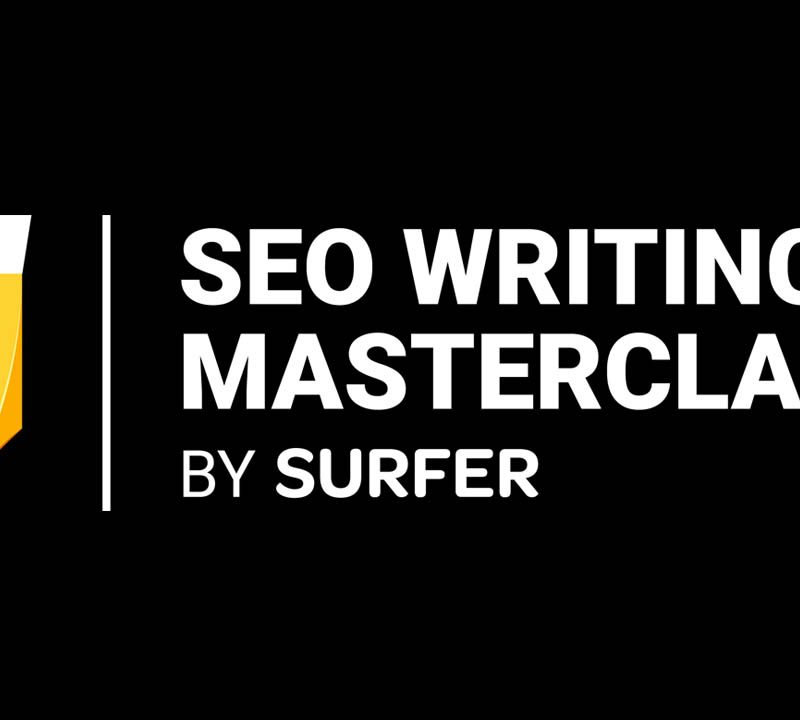
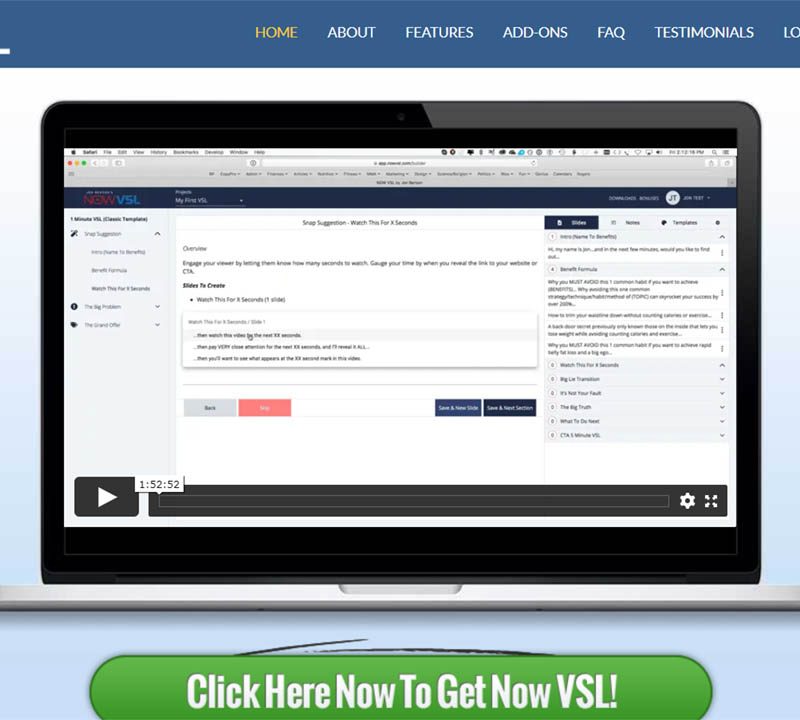 Jon Benson – NOW VSL Method 2020
Jon Benson – NOW VSL Method 2020  Eric Preston & Yashu Sharma – Lead Generation Mastery
Eric Preston & Yashu Sharma – Lead Generation Mastery